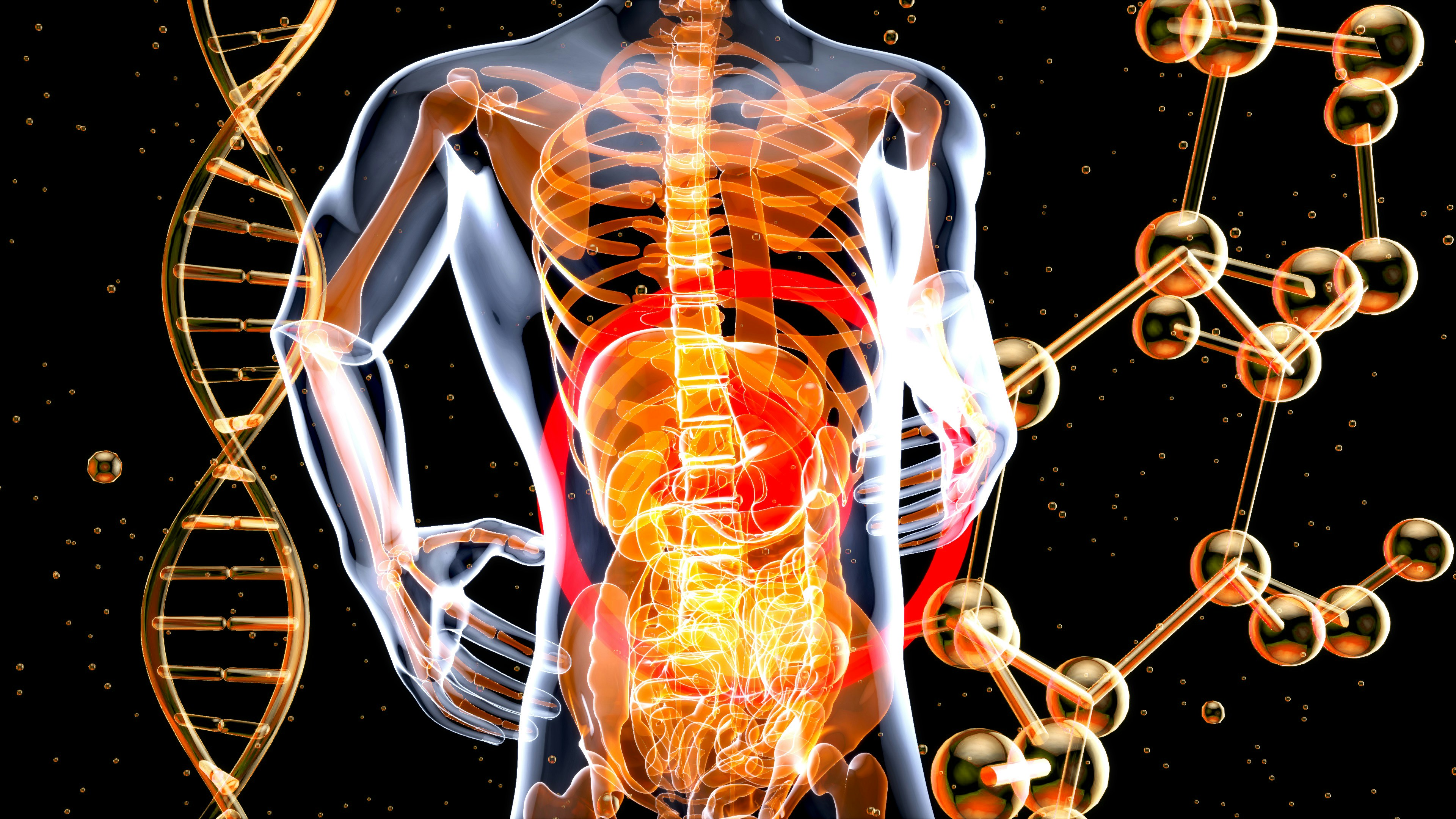Navigating Perimenopause: A Comprehensive Guide to Mental Health and Self-Care Strategies
A 2020 survey revealed that 42% of women know little or nothing about the emotional and mental effects of menopause, highlighting a critical gap in awareness and support. This article delves into the psychological challenges of perimenopause and offers evidence-based self-care strategies to help women navigate this transformative period with resilience and grace.
Understanding the Intersection of Perimenopause and Mental Health
Perimenopause, the transitional phase leading up to menopause, is often accompanied by significant physical and emotional changes. Research has shown that stress and perimenopausal symptoms are inextricably linked, creating a complex interplay that can impact a woman’s mental health. During this phase, fluctuating reproductive hormones such as estrogen and progesterone can lead to heightened anxiety, mood swings, and difficulty coping with everyday stressors.
The Psychological Impact of Perimenopause: A Closer Look
Perimenopause is not just a physical transition; it is a profound psychological journey. A recent government survey conducted by the Women and Equalities Commission found that 72% of women reported being less able to concentrate, while 34% felt less physically able to carry out daily duties. The emotional toll is equally significant, with many women experiencing a decline in patience, confidence, and overall mental well-being. Despite these challenges, only one-third of respondents shared their experiences at work, underscoring the stigma and lack of open dialogue surrounding menopause.
The hormonal fluctuations during perimenopause can exacerbate stress by increasing cortisol and adrenaline levels, leading to feelings of overwhelm and mental exhaustion. This hormonal imbalance can also contribute to brain fog, sleep disturbances, and agitation, further compounding the psychological burden. Understanding these effects is the first step toward empowering women to seek the support and resources they need.
The Science of Stress and Hormonal Imbalance
Stress is a major contributor to hormonal imbalance, creating a vicious cycle that can intensify perimenopausal symptoms. When the body is under stress, it produces higher levels of cortisol, which can disrupt the delicate balance of reproductive hormones. This disruption can lead to increased anxiety, irritability, and difficulty managing emotions. Studies have shown that chronic stress can also impact the amygdala, the brain region responsible for fear and anxiety, further exacerbating emotional instability.
To break this cycle, it is essential to adopt strategies that promote relaxation and emotional resilience. Techniques such as breathing exercises, meditation, and mindfulness have been shown to reduce cortisol levels and activate the parasympathetic nervous system, fostering a sense of calm and balance.
Self-Care Strategies for Managing Perimenopausal Stress
1. Harness the Power of Breathwork
Breathwork is one of the most accessible and effective tools for managing stress during perimenopause. By practicing simple breathing techniques, such as inhaling for 4 seconds, holding for 7 seconds, and exhaling for 8 seconds, you can activate the parasympathetic nervous system and induce a state of relaxation. This practice not only reduces stress but also improves focus and mental clarity, helping you stay present and centered throughout the day.
2. Cultivate Self-Affirmations for Emotional Resilience
Self-affirmations are a powerful tool for countering negative thoughts and fostering self-compassion. By repeating positive statements such as “I am enough,” “I am loved,” and “I am in control,” you can rewire your brain to focus on positivity and self-worth. MRI studies have shown that self-affirmation tasks activate neural pathways associated with happiness and emotional resilience, making this practice a cornerstone of mental well-being.
3. Embrace Mindfulness and Meditation
Mindfulness and meditation are proven strategies for reducing stress and improving emotional health. Regular practice can lead to a decline in brain cell volume in the amygdala, the region responsible for fear and anxiety. Even just 2 minutes of daily meditation can lower your heart rate, enhance self-control, and improve your ability to handle perimenopausal symptoms. Apps like Headspace offer guided sessions to help you get started.
4. Journaling for Emotional Clarity
Journaling is a therapeutic practice that can help you process emotions and gain clarity during perimenopause. By writing down your thoughts and feelings, you can confront difficult emotions, organize your thoughts, and release tension. This practice enhances self-awareness and reduces the frequency of intrusive and negative thoughts, providing a sense of grounding and control.
5. Practice Gratitude to Shift Your Perspective
Gratitude is a powerful antidote to stress and negativity. By focusing on what you are grateful for, you can shift your perspective and cultivate a sense of optimism. A simple daily practice of listing 5 things you’re grateful for can train your brain to notice the positive aspects of life, reducing symptoms of stress, anxiety, and depression.
The Role of Professional Support in Perimenopause Management
While self-care strategies are invaluable, professional support can provide additional tools and resources for managing perimenopausal symptoms. At Cascade Vitality Center, we offer personalized care plans that address the physical and emotional aspects of perimenopause. Our holistic approach includes hormone balancing, nutritional guidance, and stress management techniques to help you thrive during this transition.
For more information on managing hormonal changes, explore our article on Understanding Hormonal Imbalance: Causes and Solutions. Additionally, our guide on The Benefits of Mindfulness for Stress Reduction provides practical tips for incorporating mindfulness into your daily routine.
Conclusion
Empowering Women Through Knowledge and Support
Perimenopause is a natural and transformative phase of life, but it doesn’t have to be overwhelming. By understanding the psychological impact of hormonal changes and adopting evidence-based self-care strategies, women can navigate this transition with confidence and resilience. Open dialogue and professional support are essential for breaking the stigma and ensuring that women receive the care they deserve.
Take the First Step Toward Balance and Well-Being
If you’re ready to take control of your perimenopausal journey, schedule a consultation with our experts at Cascade Vitality Center. Click here to book your appointment and discover how personalized care can transform your mental and physical health. Together, we can create a plan that empowers you to thrive during perimenopause and beyond.
Articles
Discover our other articles
Explore our articles to know the best behavior about alimentation and well-being.





















